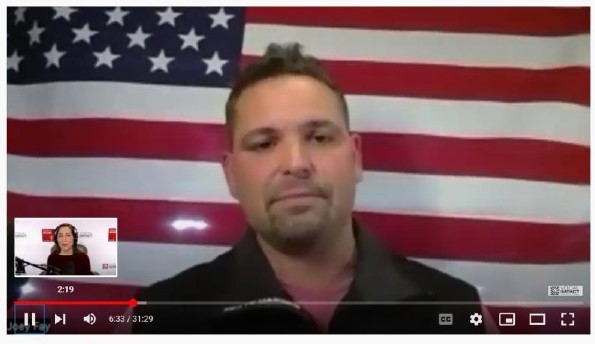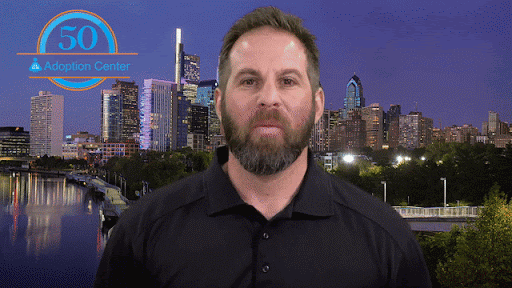News flash: I was NOT part of the popular crowd in high school. Why? As Shakespeare said, “Let me count the ways:”
- I was in mostly honors classes (smart and popular were not synonymous)
- I had pretty bad acne and never did learn how to successfully style my hair – ‘80s perms just made it bigger, not better
- We certainly weren’t poor, but designer labels were never part of my wardrobe
- I was in the marching band – I played the saxophone, which should have been worth something, but the dorky uniforms totally canceled out any potential “cool points”
And the list goes on, but I’ll spare you the painful details.
I even remember rolling my eyes when it was time to vote for the prom king and queen, turned off by the official pageantry surrounding the popularity contest. What got people votes, anyway? Was it how attractive they were? How many friends (or admirers? or enemies?) they had? Something else?
I wrestled with that notion for a long time. Even in business: whether on social media or otherwise, where is the line between when your brand is defined by a superficial popularity contest, and when it is defined by a more substantive reputation of – as marketing pros like to say – being known, liked, and trusted?
It’s part of the reason I typically don’t accept LinkedIn invitations to connect from a person I don’t know unless they include a meaningful message (not a thinly-veiled sales pitch) about why they want to connect with me: for me, LinkedIn is a place to cultivate meaningful professional relationships. It is NOT a popularity contest.
How do I know? Because she who dies with the most LinkedIn connections does not “win” anything.
But there is something important to be said about being “liked” in the right way: when those you care about appreciate who you are, what you represent, what you have to offer, and trust the reliability of that experience.
That kind of “likability” is very different from a simple popularity contest.
Ask yourself: When you first meet someone, what is it about their demeanor that makes you initially like them on first instinct? Then what does it require for you to continue to like them, perhaps on an even deeper level?
This week on the Speaking to Influence podcast I spoke with Joey Fay, President and Founder of Quatrefoil Consulting, a veteran-owned project leadership company. Joey and I discussed the importance of likability and how he tries to cultivate it when taking on new clients.

What if you only have written interaction with someone, e.g. submitting digital proposals for government contracts? What options are there to help the proposal reader “like” you when they can’t actually meet you?
We also talked about the importance of the follow-up and how it can make all the difference. After all, how many people fire off an email, proposal or request for a meeting, and then don't follow up?
Joey shared a painful lesson about how he once sent in an application for a great opportunity knowing that there was one “blank” that would need to be filled in later… but then didn’t follow up appropriately. Can you guess how that turned out?
Listen to the full conversation here or watch it on YouTube here.
Should this “likability” really matter? The answer is: It doesn’t matter if it should or not. It DOES. Why? Because people want to do business with people who make their lives better. If they like you, you get the benefit of the doubt that you will make their lives easier in other ways too.
Now often we hold back from making an important ask for fear of imposing or otherwise displeasing others (i.e. not being liked). The problem is that when we hold back in these situations, we risk missing the opportunity to make someone else's life better, and can even impede justice from being done.
For that reason, I’m throwing caution to the wind and extending two invitations today:
As mentioned a few weeks ago, I am following up on my invitation to the Adoption Center’s 50th Anniversary Celebration event in Philadelphia this Thursday, May 19, 2022 from 5:30 to 9:00 PM, featuring our special guest, Jon Dorenbos.
There’s only a day left – have you purchased your ticket or bid on auction items yet? If you need some incentive think of this: Every year, over 23,000 teens age out of the foster care system, and are let out into the world on their own, with no family, no support system, and no love. Their only crime? They’re not “cute and cuddly babies” anymore.
The proceeds from this event will benefit the Adoption Center, whose mission is helping older kids in the foster care system find their forever families (i.e. get adopted).
Whether you feel called to bring a loving teen into your home or just support the cause in other ways, you can still get your tickets here or check out their website to find other ways to be a resource and make a difference in the lives of these children and the families who are looking for them.

Trust me, you’ll definitely like how you feel about yourself if you join us there!
Someone else I genuinely like, and a conversation I absolutely LOVED was last week’s LinkedIn (and YouTube) Live event with Dr. Ali Atkison, founder of ROI Communication Solutions. If you missed the Live session, The Brain-based Science of Communication, you can still watch it here.

Oh – I almost forgot! We just found out that InfluenceDigest named yours truly as one of Philadelphia's top 20 executive coaches for 2021. This is 100% thanks to all of you, and I’m so glad that you have “liked” what we share! I am truly grateful for this honor.

Sending love and gratitude to all of you!




